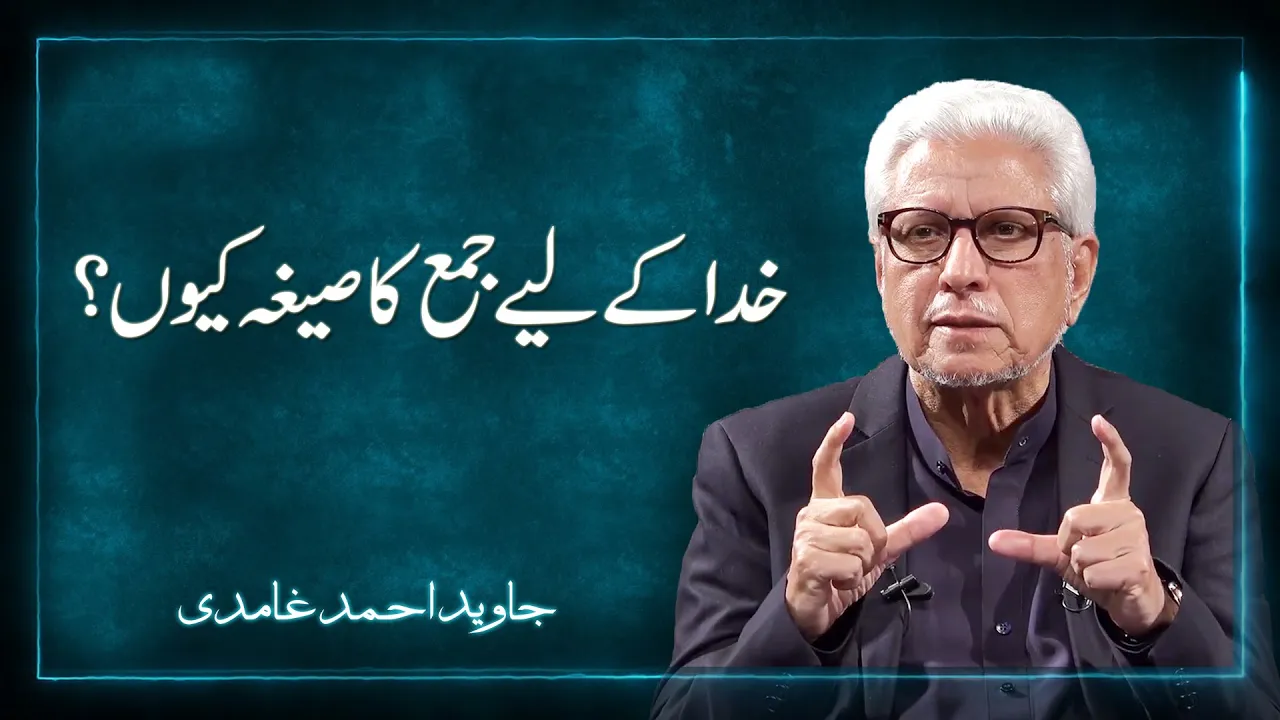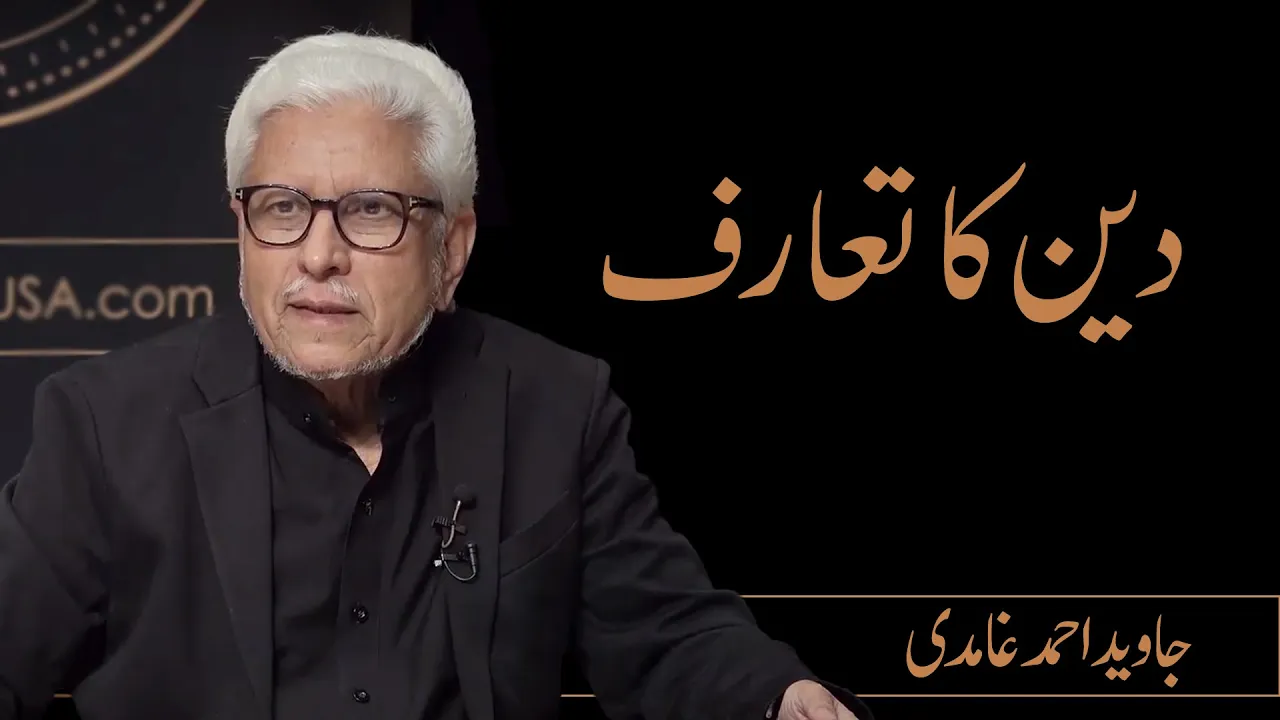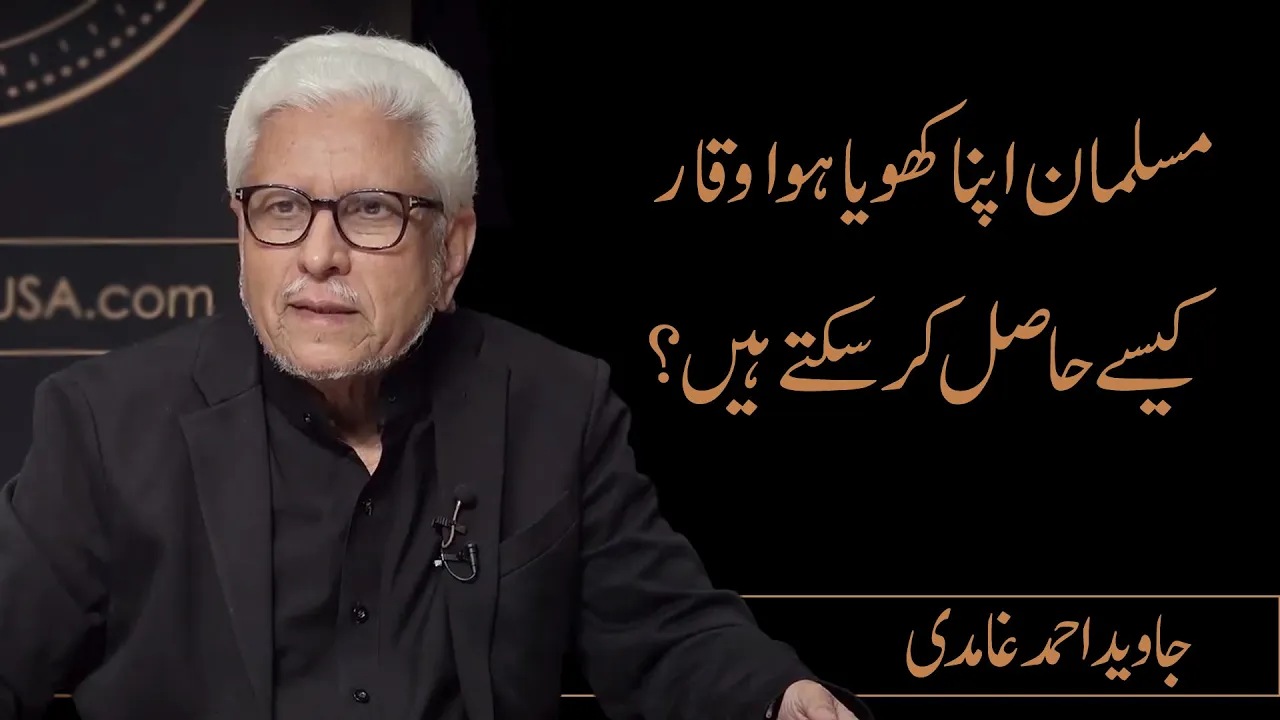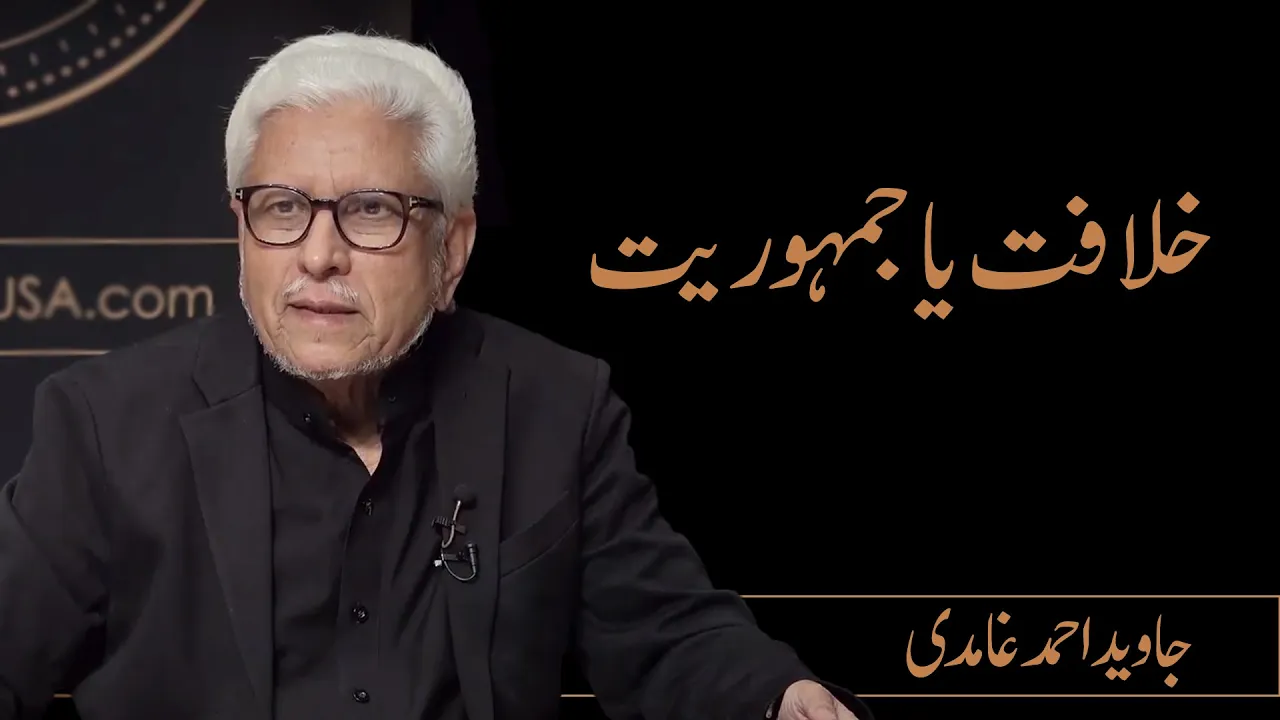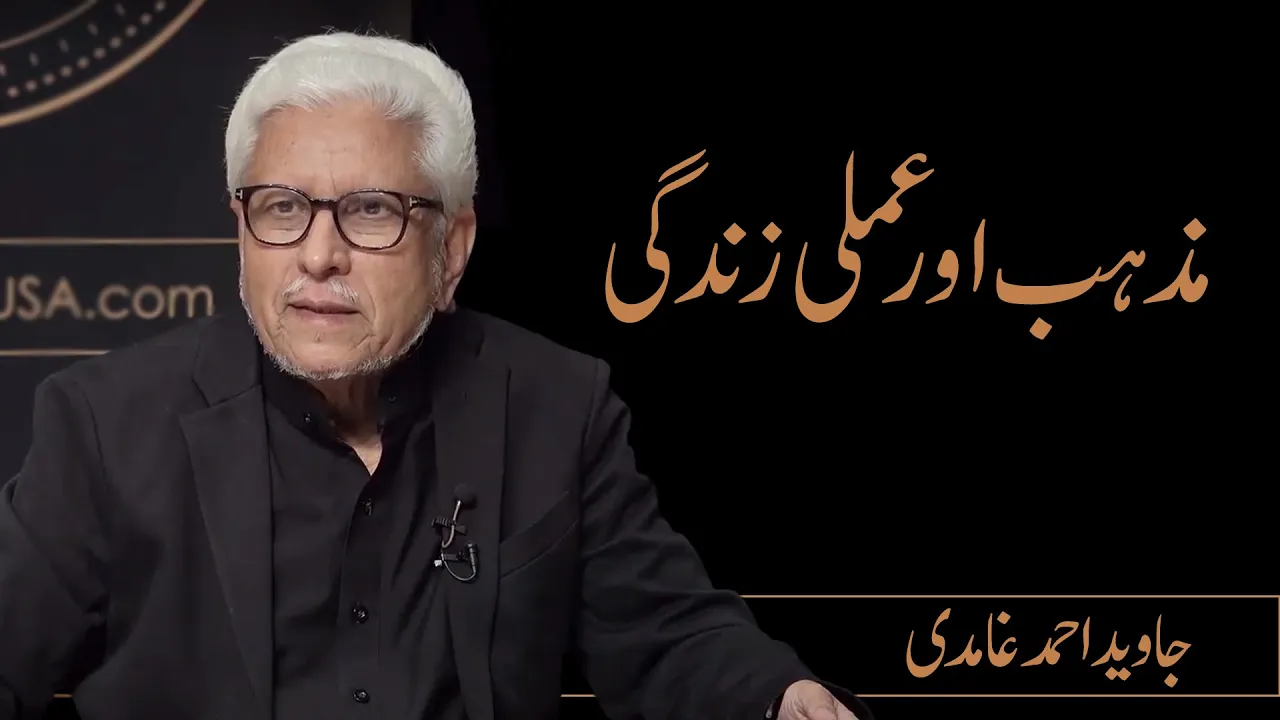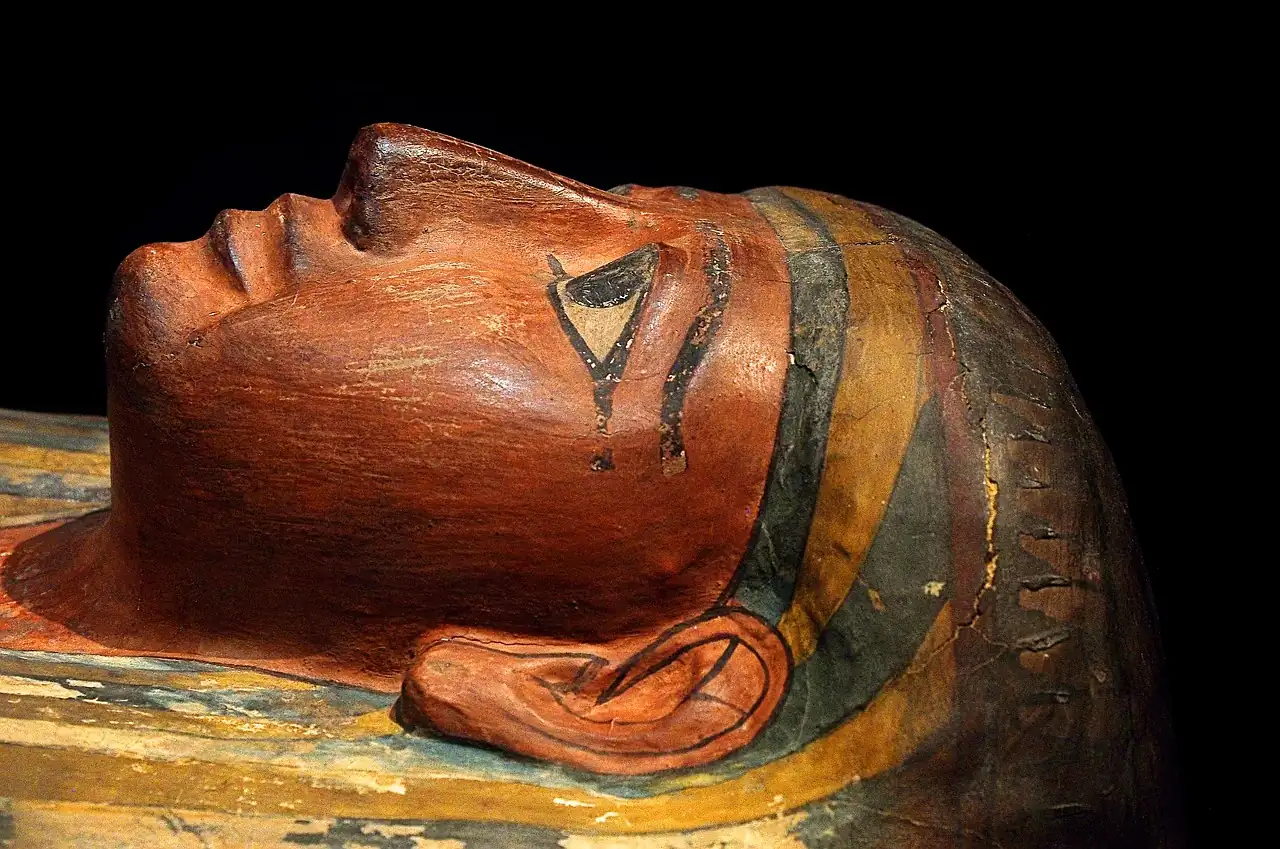Question:
Assalam u Alaikum!
I want to ask about the authenticity of the predictions made by Hazrat Naimat Ullah Shah Wali. Recently, many people have been quoting his predictions, especially regarding the current situation in Kashmir and the supposed defeat of major world powers. I’ve heard that many of these predictions have been altered over time to falsely demonstrate their accuracy. Can you clarify the authenticity of his predictions? Additionally, if the Ahadith about Ghazwa-e-Hind are not authentic, how do we reconcile this with the current events that seem to align with these Ahadith? There are also hints about Ghazwa-e-Hind, Imam Mehdi, and the return of Hazrat Isa in Naimat Ullah Shah Wali’s predictions, but I haven’t seen Ghamdi Sahab validating these.
Regards and thanks, Jazak’Allah!
Answer:
Wa alaikumussalaam,
The predictions attributed to Hazrat Naimat Ullah Shah Wali are mostly considered fake and of doubtful origin.
The Hadith reports about Ghazwa-e-Hind are also weak in authenticity. Even if they are true, there is no basis for applying them to the Kashmir issue or for making future plans based on these predictions. Muslims should always act according to the clear and explicit directives of the Quran and the Sunnah, and then Hadith in a subsidiary capacity. Future predictions cannot be the basis for actions or scenarios depicted in the Hadith accounts. This is not the correct way to approach eschatological Hadith reports.
The saying attributed to the Prophet (pbuh), which you referenced, is reported by Al-Nasa’i in his “Sunan” and by Ahmad ibn Hanbal in his “Musnad.” It is reported in two different texts and through six different chains of narrators. The first text is:
“God shall save two groups of people from amongst my followers from hellfire. One, which shall fight in “Al-Hind” and the other, which shall accompany Isa ibn Maryam (Jesus) [on his return].”
This text has been narrated, with very nominal differences, by the following two chains of narrators:
- Mohammad ibn Abd Allah ibn Abd Al-Rahim — Asad ibn Musa — Baqiyyah — Abu Bakr Al-Zubaidi — Muhammad ibn Al-Walid Al-Zubaidi — Luqman ibn
Aamir — Abd Al-A’laa ibnAdiy Al-Bahraaniy — Thauban — The Prophet (pbuh). (As reported in Al-Nasa’i’s “Sunan”). - Abd Allah ibn Ahmad ibn Hanbal — Ahmad ibn Hanbal — Abu Nadhar — Baqiyyah — Abd Allah ibn Saalim — Abu Bakr ibn Al-Walid Al-Zubaidi — Muhammad ibn Al-Walid Al-Zubaidi — Luqman ibn
Aamir Al-Wassabi — Abd Al-A’laa ibnAdiy Al-Bahraaniy — Thauban — The Prophet (pbuh). (As reported in Ahmad ibn Hanbal’s “Musnad”).
The second text is:
“The Prophet (pbuh) promised us the battle of “Al-Hind”. Thus, if it happens in my lifetime, I should give away my life and all my belongings in it. If I am killed in it, I shall become the Best of martyrs (of Islam) and if I (live to) return, I shall become a “free” Abu Hurairah (i.e. free from Hellfire).”
This text has been narrated, with very nominal differences, by the following chains of narrators:
- Ahmad ibn
Uthman ibn Hakeem — Zakariyya ibnAdiy —Ubaid Allah ibnAmr — Zaiyed ibn Abi Unaisah — Sayyaar — Jabir ibn `Abeedah — Abu Hurairah. (As reported in Al-Nasa’i’s “Sunan”). - Ahmad ibn
Uthman ibn Hakeem — Zakariyya ibnAdiy — Hushaim — Sayyaar — Jabir ibn `Abeedah — Abu Hurairah. (As reported in Al-Nasa’i’s “Sunan”). - Muhammad ibn Isma
eel ibn Ibrahim — Yazeed — Hushaim — Sayyaar — Jabir ibnAbeedah — Abu Hurairah. (As reported in Al-Nasa’i’s “Sunan”). - Abd Allah ibn Ahmad ibn Hanbal — Ahmad ibn Hanbal — Hushaim — Yasaar — Jabir ibn `Abeedah — Abu Hurairah. (As reported in Ahmad ibn Hanbal’s “Musnad”).
Before drawing any conclusions or making any applications, we must judge these narratives on at least the following two grounds:
- The authenticity of the narratives, with reference to the reliability of their narrators.
- The basis of these narratives in either of the two primary sources of Islam, i.e., the Qur’an and the Sunnah, or their basis in common sense.
In my opinion, the second criterion of judgment needs to be applied only if the narrative seems to be acceptable based on the first criterion of judgment (i.e., the reliability of its narrators). Therefore, I shall first present a brief analysis of the chain of narrators.
Narrators of the First Text:
The First Set of Narrators:
- Asad ibn Musa: His full name is Asad ibn Musa ibn Ibrahim ibn Al-Waleed ibn
Abd Al-Malik ibn Marwaan ibn Al-Hakam. Ibn Hajar, in his book “Tehzeeb al-tehzeeb,” has quoted sayings of Ibn Yunus, Ibn Hazam, andAbd Al-Haq, among others, regarding Asad ibn Musa. Ibn Yunus says that Asad ibn Musa has narrated a number of abominable (Munkar) narratives. According to Ibn Hazam, Asad ibn Musa is abominable in his narratives and is a weak narrator. `Abd Al-Haq says that he does not consider Asad ibn Musa’s narratives acceptable for arguments. - Baqiyyah: His full name is Baqiyyah ibn Al-Waleed ibn Al-Sa’id. Al-Dhahabi, in his book “Meezaan al-Aitidaal,”
writes that Baqiyyah ascribes his narratives to people from whom he has not heard them. Al-Dhahabi also quotes Ibn Habban as saying that Baqiyyah ascribes to reliable narrators sayings he heard from weak and unacceptable narrators. Similar comments have been made by Abu Haatim, Abu Mus’har, Abu Is’haq Al-Juzjaniy, Ibn Khuzaimah, Ahmad ibn Hanbal,Abd Al-Haq, and Abu Al-Hasan ibn Al-Qattaan. - Abu Bakr Al-Zubaidi: His full name is Abu Bakr ibn Al-Waleed ibn `Aamir Al-Zubaidiy. Not much is known about him, and what little is found is not very encouraging. Ibn Hajar, in his book “Taqreeb Al-tehzeeb,” writes that his life and character are not well known. Al-Hafiz Al-Mazi’, in his book “Tehzeeb Al-Kamaal fi Asma’ Al-Rijaal,” and Ibn Hajar, in his book “Tehzeeb Al-tehzeeb,” write that only Baqiyyah has narrated from him, rendering the narrator quite unreliable.
- Muhammad ibn Al-Walid Al-Zubaidi: Hafiz Ibn Hajar, in his book “Tehzeeb Al-tehzeeb,” has cited Al-Khalili as saying that his narratives are reliable if reported by a reliable narrator. However, this narrative has been reported by his brother, Abu Bakr ibn Al-Waleed, who is not well-known.
- Abd Al-Alaa ibn Adiy Al-Bahraaniy: While generally considered reliable and truthful, authorities like Ibn Al-Qattaan have said that his position as a narrator is not well known.
The Second Set of Narrators:
In the second set of narrators of the first text, we have some of the same weak, unacceptable, and unreliable narrators as in the first chain, such as Baqiyyah and Abu Bakr ibn Al-Waleed Al-Zubaidiy. Additionally, according to this chain, Abd Allah ibn Saalim has reported from Abu Bakr ibn Al-Waleed, whereas many authorities believe no one other than Baqiyyah has reported from him.
Narrators of the Second Text:
The First Set of Narrators:
- Zakariyya ibn Adiy: While generally positive, Al-Hafiz Al-Mazi and Hafiz Ibn Hajar have cited Ibn Nuaim as saying that Zakariyya ibn `Adiy was more well-versed with the Torah than with the narratives of the Prophet (pbuh).
- Ubaid Allah ibn Amr: Generally reliable, though Al-Dhahabi and Ibn Hajar have cited Mohammad ibn Sa`d as saying that he sometimes commits mistakes and is prone to confusion.
- Jabi’r ibn Abeedah: Also reported as Jabr ibn Abeedah. Al-Dhahabi writes that it is not known who Jabi’r was, and his narrative regarding the Battle of Hind is considered abominable (munkar). Al-Hafiz Mazi writes that this is the only narrative by Jabi’r.
The Second Set of Narrators:
The second set of narrators includes the not-very-well-known and thus unreliable Jabi’r ibn `Abeed, and also includes Hushaim.
Hushaim: His full name is Hushaim ibn Bushair ibn Al-Qasim ibn Di’naar Al-Sulamiy. Ibn Hajar, in his book “Tehzeeb Al-tehzeeb,” has cited several opinions about Hushaim. Al-Ujaliy says that while Hushaim is reliable, he sometimes ascribes narratives to people he did not hear from. Ibn Sad says that Hushaim often wrongly ascribes narratives. Ahmad ibn Hanbal also mentions that Hushaim has a habit of ascribing narratives to people he did not hear from. Among these is Sayyaar, from whom Hushaim has quoted the narrative about the Battle of Hind, even though Ahmad ibn Hanbal confirms that Hushaim did not hear from Sayyaar. Ibn Hibban agrees with these opinions, and Ibn Sa`d states that unless Hushaim explicitly says, “such and such person narrated to us,” his narratives are of no value.
The Third and Fourth Set of Narrators:
Both the third and fourth sets of narrators include Hushaim, who quoted Sayyaar (spelt Yaasar in one set due to a probable spelling error), and the unknown Jabi’r ibn `Abeedah.
In the preceding paragraphs, I have tried to briefly present an analysis of the narrators of the narratives ascribed to the Prophet (pbuh). As is quite obvious, not even one of these (six) chains consists of people who are reliable enough to allow us to say with any degree of confidence that the narratives under consideration are correctly ascribed to the Prophet (pbuh).
Given this fact, there does not seem to be any need to go into further detail regarding these narratives.
Therefore, based on the analysis above, the predictions attributed to Hazrat Naimat Ullah Shah Wali and the Ahadith about Ghazwa-e-Hind lack reliable authenticity and should not be used as a basis for any actions or beliefs. Muslims should focus on the clear and explicit directives of the Quran and the Sunnah and consider Hadith in a subsidiary capacity, ensuring that any future predictions are not the basis for their actions.
Originally Published: 2019-08-16


